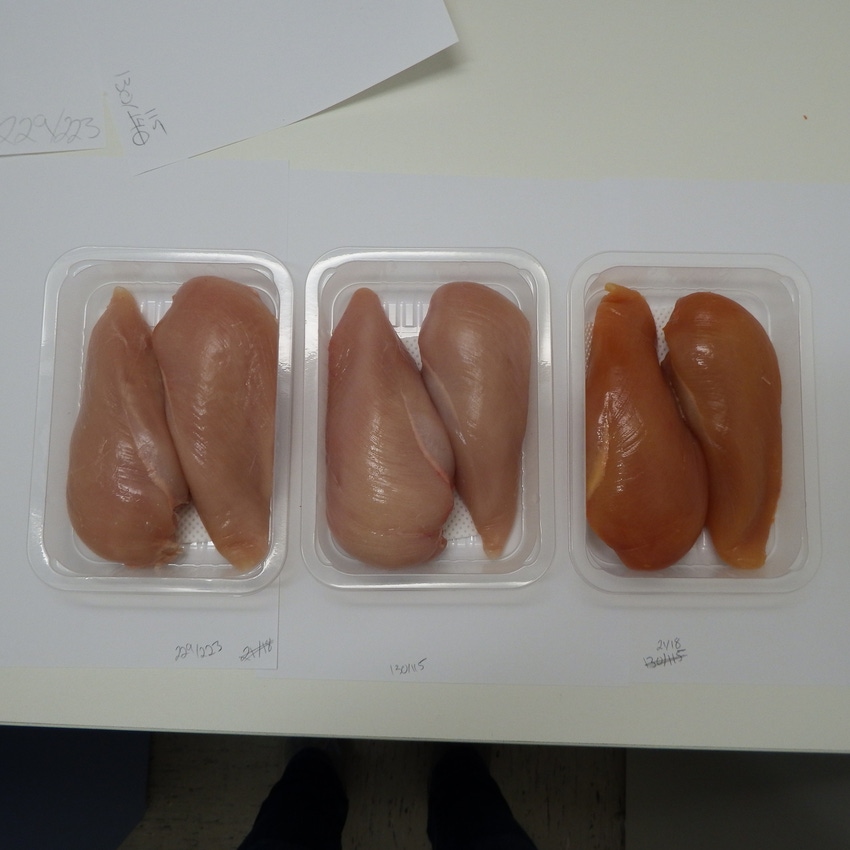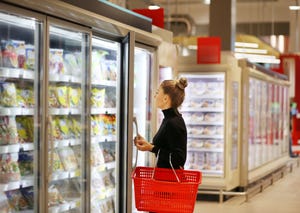Insect meal, microalgae provide protein option in poultry diets
University of Göttingen research team investigates influence of insect and microalgae feeds on meat quality.
July 2, 2020

There is growing demand worldwide for animal products for human nutrition, despite vegan and vegetarian diets becoming more popular in Western countries, according to an announcement from the University of Göttingen in Germany.
Changing diets necessitate a substantial amount of protein as an input for animal production, the university said, noting that future protein feedstuffs will need to become independent of arable land in order to avoid further land use changes, such as deforestation.
The University of Göttingen said in an announcement the cultivation of insects as well as microalgae are up-and-coming sectors in Germany and globally to meet protein demands for humans and animals alike. This led a research team at the University of Göttingen to investigate whether these alternative protein sources alter meat quality, particularly in poultry. Their results have been published in the Journal of the Science of Food & Agriculture.
In a study conducted as a part of the project "Sustainability Transitions in the Food Production," broiler chickens were given feed with the main protein source being either soybean meal, spirulina (a type of microalgae) or insects, the announcement said. Animal growth, meat quality (especially concerning shelf life) and eating quality were investigated.
The researchers reported that the results of laboratory testing and sensory (taste-testing) analyses across 132 birds show that black soldier fly larvae meal and spirulina can be included in poultry feed without negatively affecting meat quality. Chickens fed black soldier fly larvae meal produced meat equivalent to the status quo, the researchers said, while chickens fed spirulina produced meat with a more intensive color and flavor.
"Overall, both proved to be potential soybean meal alternatives in the search for new protein sources for animal feed," study lead researcher Dr. Brianne Altmann said.
Microalgae are currently produced globally for biofuels, animal feed and human consumption; however, they remain much more expensive than soybean meal. In the European Union, insects currently are authorized only for human consumption and for fish feed, although they are likely to be approved for poultry feed in the near future, the university said. In the EU, all insects must be produced using certified animal feedstuffs.
However, "sustainability necessitates the incorporation of waste products in the production of insects," explained Daniel Mörlein, professor for the Quality of Animal Products group at the University of Göttingen.
Three groups with the University of Göttingen's Faculty of Agricultural Sciences are currently examining the foundations for more sustainable and socially acceptable plant and animal-based foods. Product perception as well as consumer acceptance studies are commonly conducted in the faculty's modern sensory laboratory, the announcement noted.
You May Also Like



